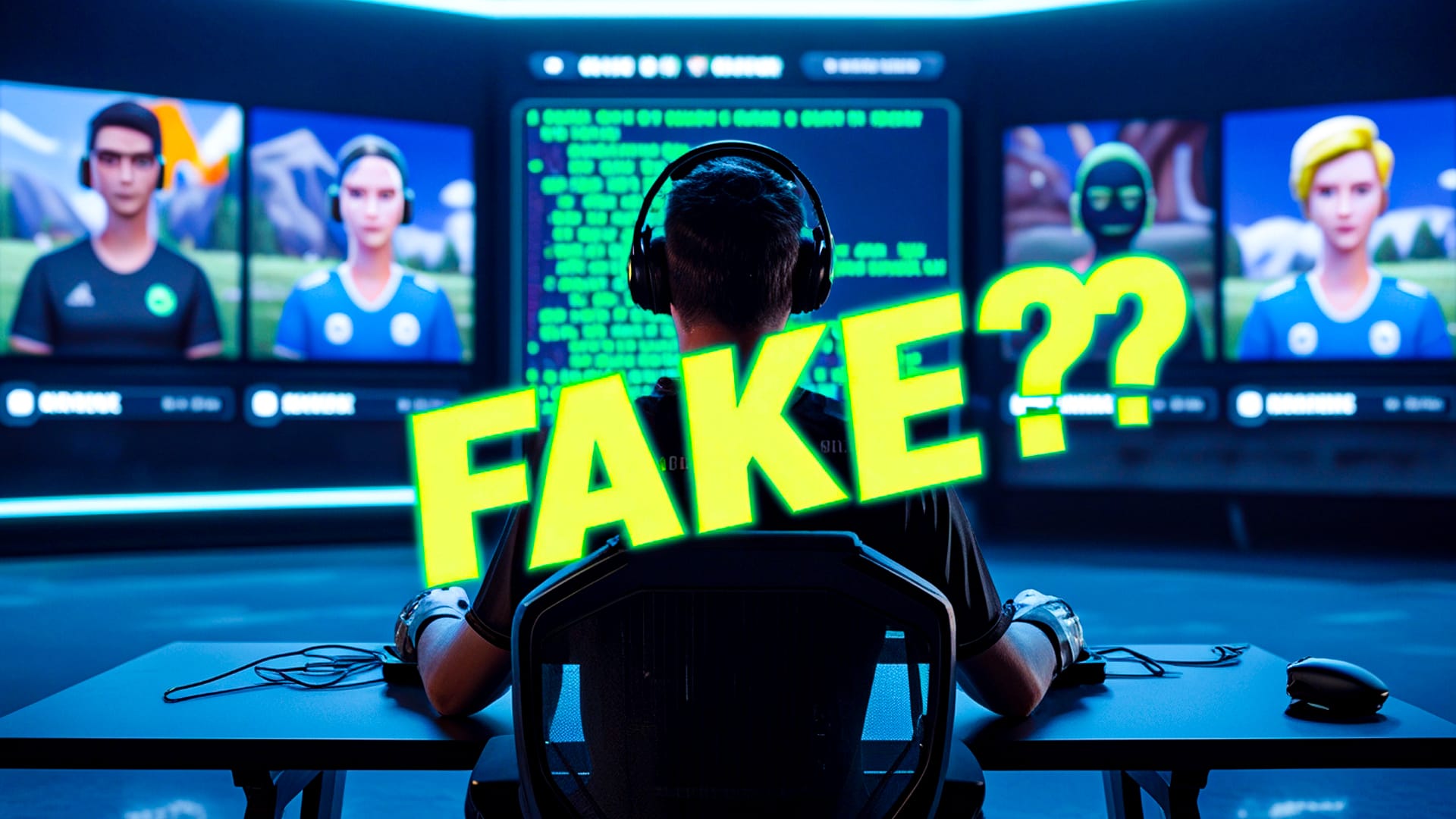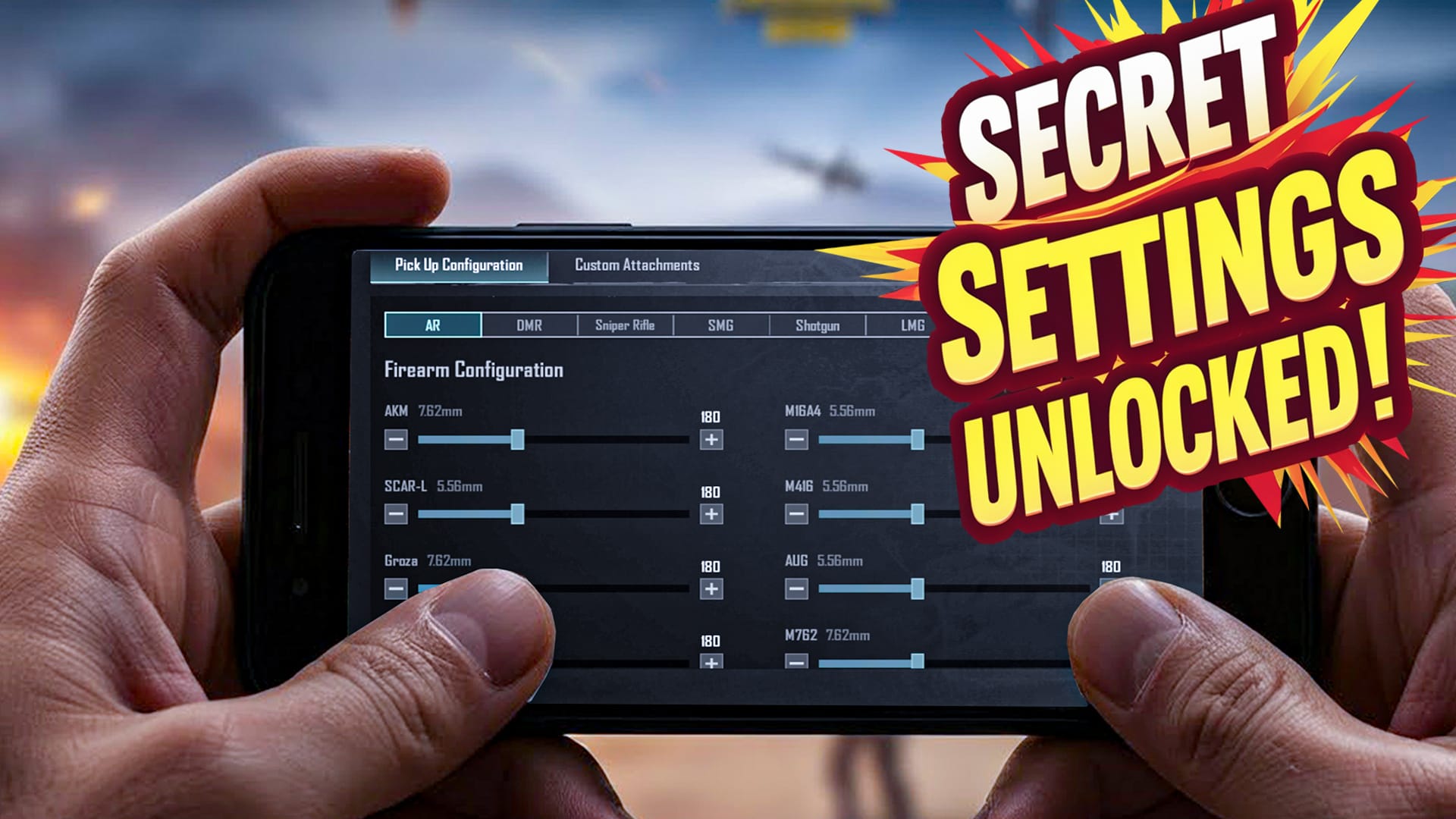Hello guys, welcome back to NetPhantomclan the channel where gaming meets mystery, and where we decode the digital world like never before. Today, we’re diving deep into one of the creepiest and most mind-blowing internet theories out there the Dead Internet Theory. But hold on this isn’t just about conspiracy stuff or weird Reddit posts. This theory might explain why your favorite gaming forums are dead, why it feels like nobody’s online anymore, and why gaming in 2025 feels so different compared to a few years ago. Is the internet really dying? Or are we just living in smaller and smaller digital bubbles? Let’s break it all down.
The Dead Internet Theory is the idea that the internet is no longer alive with real human interaction but instead, has become a loop of recycled content, automated bots, algorithm-driven repetition, and isolated communities that barely interact with each other. Sounds wild, right? But when you really think about it, it starts to make scary sense. Back in the day, gamers all went to the same places Like YouTube comments, Game FAQs forums, Reddit threads buzzing with real-time discussion. Today? It’s fragmented. It feels like you’re either in a private Discord server with your crew, or you’re completely alone. The same memes are recycled across platforms, and huge forums feel like echo chambers. In gaming, this theory hits even harder. Open lobbies that once felt alive now feel quiet. Global chatrooms feel empty. The internet is still technically “alive“, but the community-driven chaos we once loved is fading fast.
But gaming itself is far from dead in fact, it’s evolving at lightspeed. New genres, experimental mechanics, and game types we couldn’t imagine five years ago are emerging every month. Just look at how the industry is leaning into live service games Fortnite, Apex Legends, Genshin Impact, and even Roblox are constantly changing with weekly updates, events, and new lore. These games don’t just exist they evolve. And with that evolution, we’ve seen a shift. Instead of millions gathering in general forums, players are locking into niche spaces: horror co-op Discords, military sim Reddit groups, or even modded RPG servers with their own in-game laws. The games are growing, but the communities are getting more focused, more tribal. And in that shift, we’re watching the mainstream internet slowly fade while the fragmented internet thrives.
Now let’s talk impact because the Dead Internet Theory doesn’t just describe what’s happening; it reveals a deep shift in how we experience games. First, it means we’re entering a new era of specialized gaming. We’re no longer playing the same five games we’re diving into obscure indies, hyper-niche titles, or weird modded worlds that only 500 people play… but those 500 people are in it for life. Second, this means finding your tribe is more important than ever. Whether you’re a PvP monster, a cozy farm-sim lover, or someone obsessed with horror survival there’s a corner of the internet for you. But with this rise in tiny, passionate communities comes a huge challenge: inclusivity. When everyone’s in their own digital bubble, it’s harder for newcomers to jump in, harder to stumble into new games, and harder to keep the magic of discovery alive. We risk turning gaming into a maze of gated digital neighbourhoods.
But here’s the good news the future of gaming isn’t locked in. It’s adaptive, chaotic, and full of opportunity. Developers are learning to listen more, build with communities, and embrace the wild diversity of modern players. Indie devs are creating stories we’ve never seen before, powered by Kickstarter, player modding, and even AI-driven tools. We’re entering an era where you, the player, help shape the game world in real-time. Whether it’s VR roleplay servers that mimic real societies, or games where NPCs learn from your behavior, the line between player and developer is blurring. And the key to surviving this digital shift? Fostering spaces that feel alive again. Places where anyone no matter where they’re from or what they play can belong, connect, and create something new together.
So now, I want to hear from you. Do you think the Dead Internet Theory is real in gaming? Have you noticed your favorite gaming spaces getting quieter, or more closed-off? Or do you think this fragmentation is actually a good thing, a sign that gaming is finally giving everyone a space where they feel at home? Drop your thoughts in the comments seriously, I read every single one. And if this article hit you hard or opened your eyes to what’s changing around us, make sure to bookmark the netphantomclan website for more deep dives into gaming, tech, and the digital future. Let’s stay curious. Let’s stay connected. And most of all let’s keep gaming alive.



